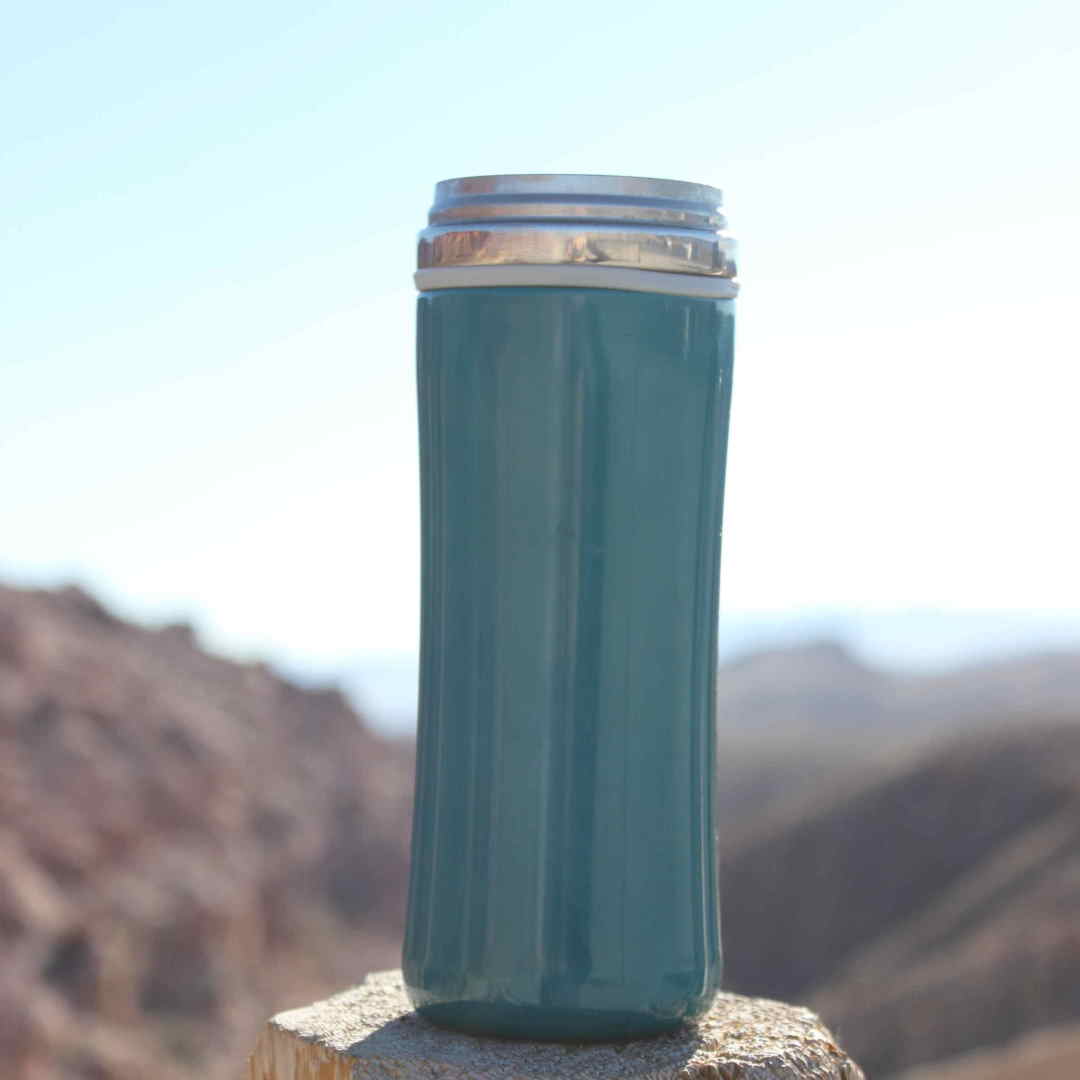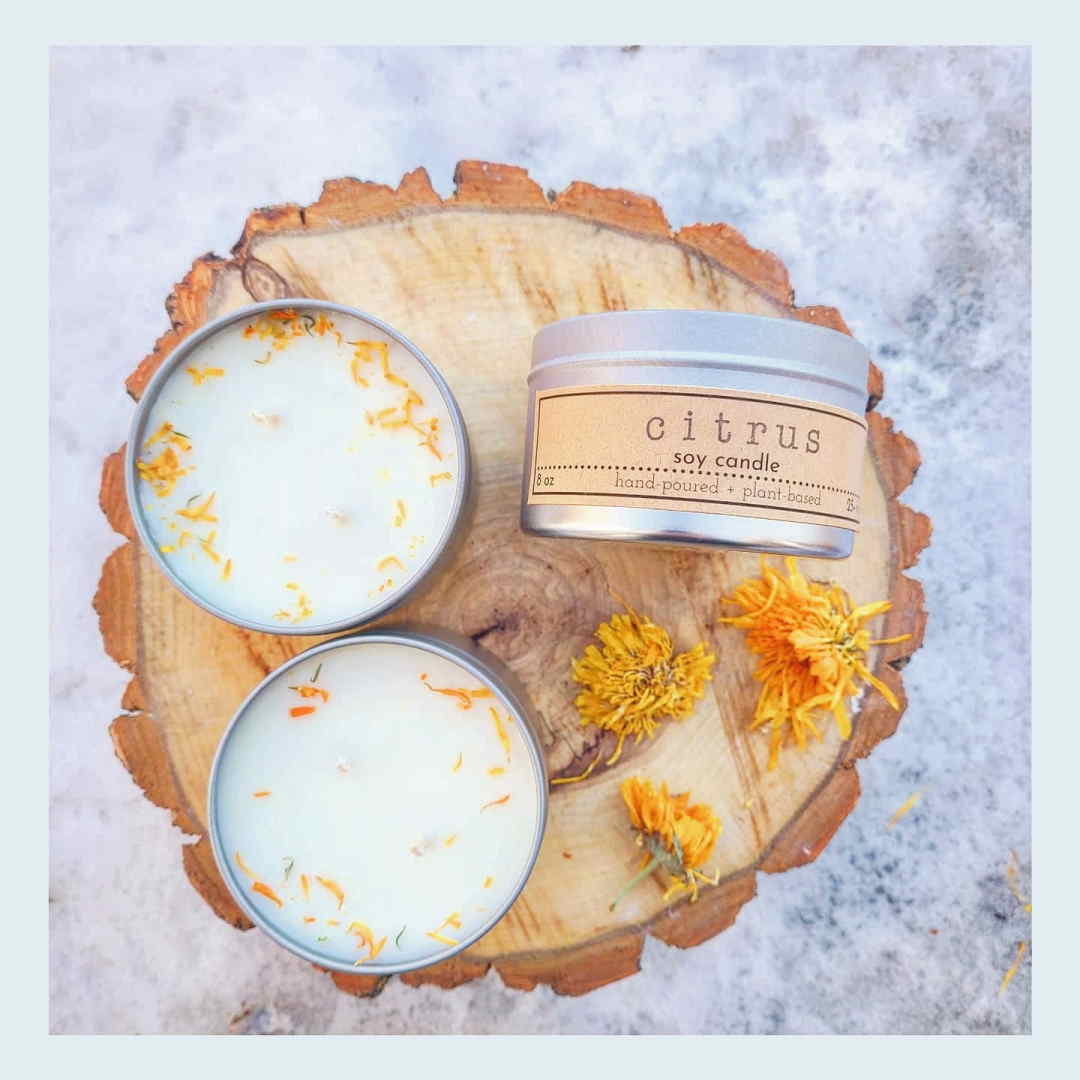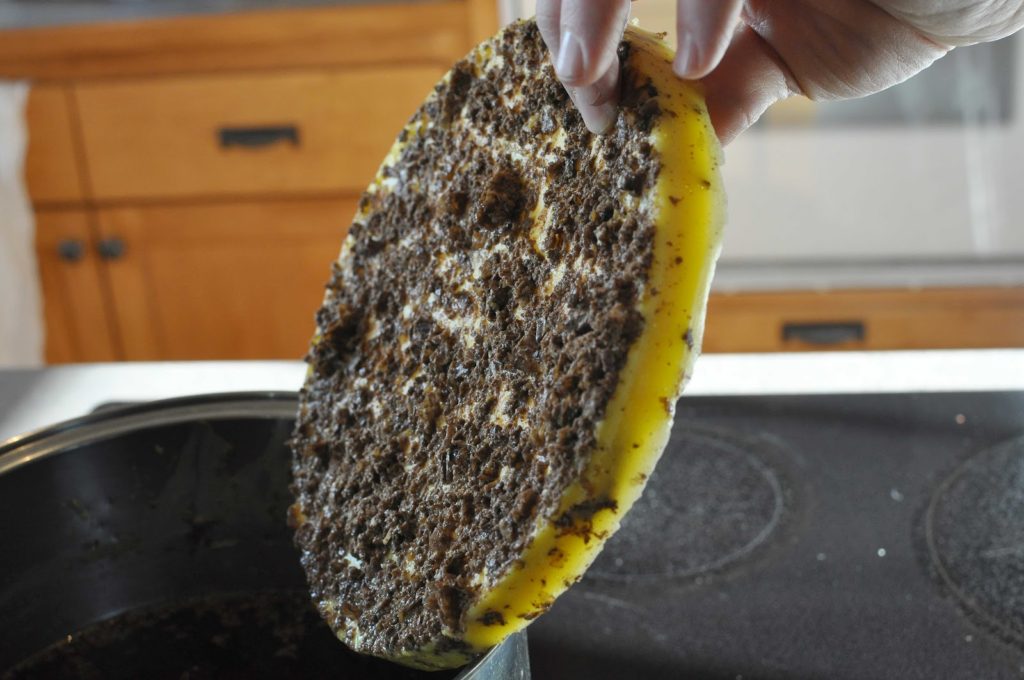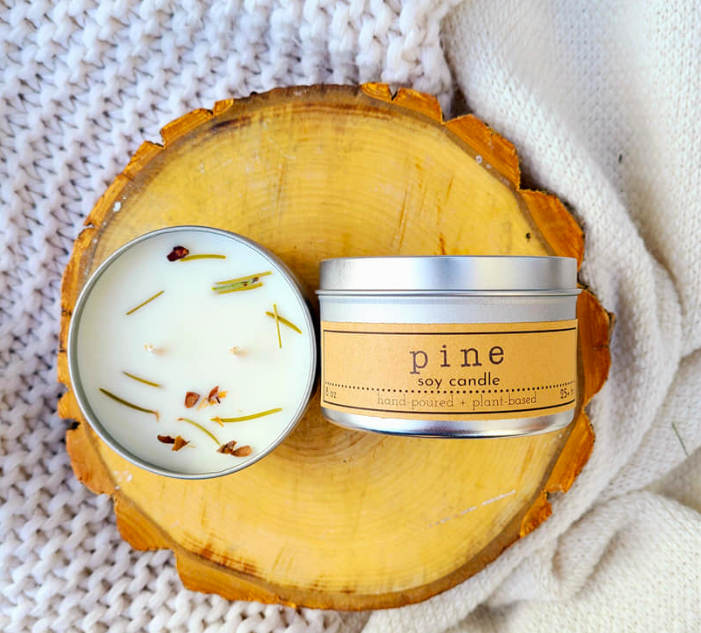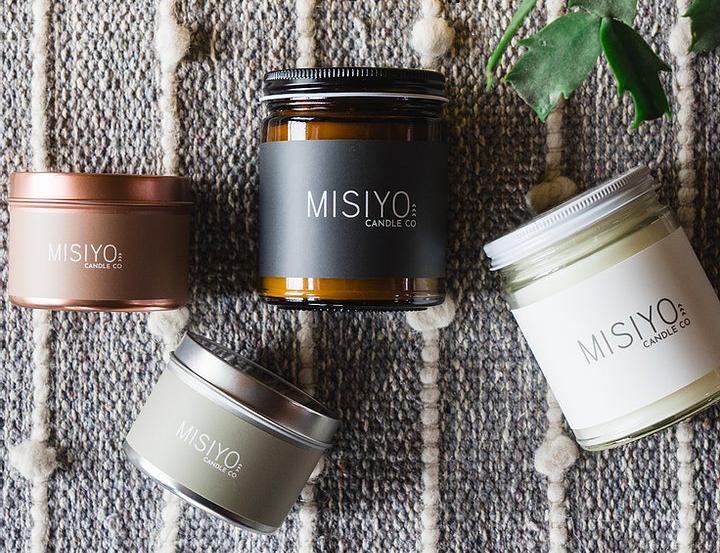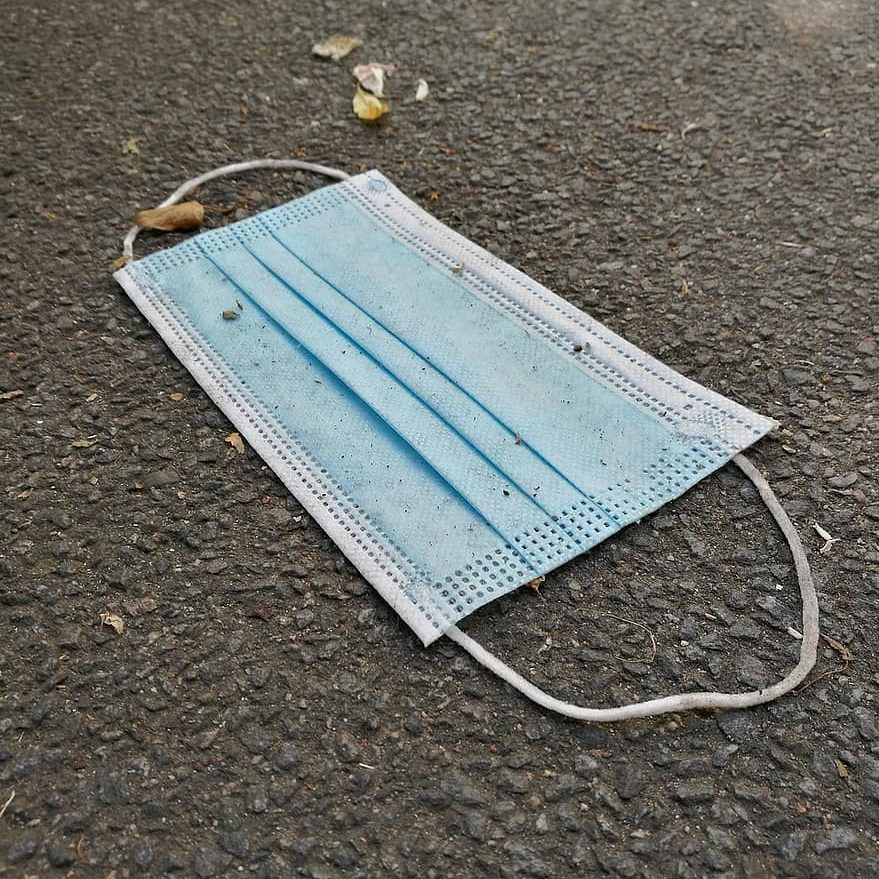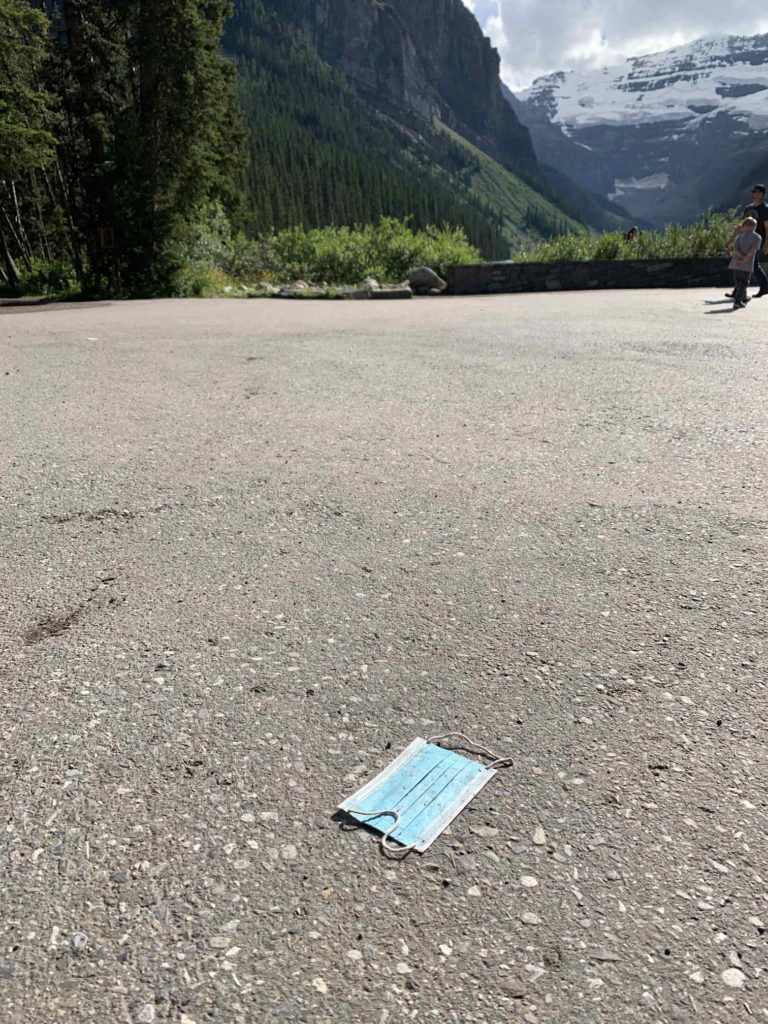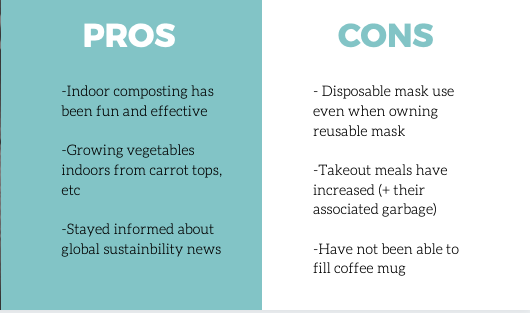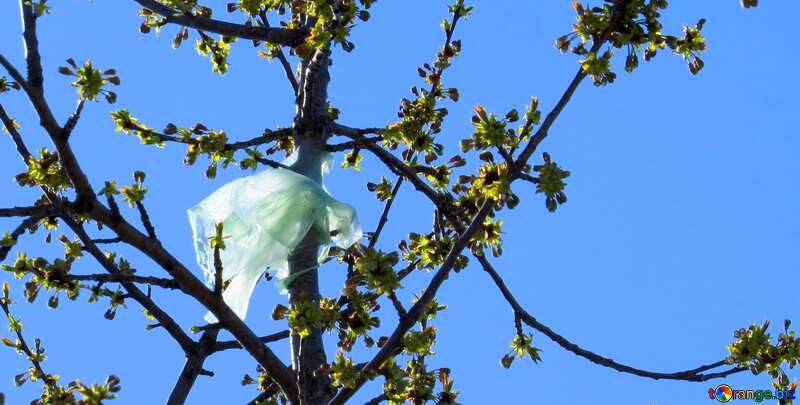It’s been a year of wishing things were back to the way they used to be. Especially in the world of sustainable practice, there have been a lot of steps backwards. One of the biggest impacts that COVID-19 has had is the reversal to disposable cups in the coffee industry. Leading up to 2020, the world had morally turned its back on disposable coffee cups. The people had realized that the “paper” cups are not recyclable, and that the plastic lids are rarely recycled. There was a real push to get a reusable water bottle and a travel mug. But alas, COVID-19 reverted us to the practice of filling the landfill when we picked up our morning coffee. But 2021 is a new year.
In an international statement, health professionals confirmed that reusables pose no risk of COVID-19 transmission when washed with proper hygiene measures. Standard health and safety measures are enough to keep COVID under control, and poses no risk to the next customer. Simple measures like gloves or a cloth to pick up used cups, protecting workers.
Some businesses are reluctant to re-adopt reusables, citing insurance policies or risk of shutdown. But others are stepping up and providing Edmontonians a place to get their caffeine fix without sacrificing a cup, lid, and sleeve.
Remedy Cafe // @remedycafe // 109 St, Jasper Ave, 124 St, Southgate, and more
Edmonton’s most iconic coffee company is on board to reduce waste this year. Bring your reusable mug to any location and have it filled with their coffees or teas. Be spicy, drink chai!
The Grand Cafe // @thegrandcafebistro // 10802 124 St
This cafe, in a grand brick building, holds a grand espresso machine. It’s also grand that they will refill your mugs with a smile. It’s an aptly named place. Try their Swiss Water coffee beans, as they’re the only place in Edmonton to find them.
Overflow // @overflow_whyte // 8135 102 St
Tucked into a little window off Whyte Ave, Overflow is the most adorable takeout window in town. They are happy to refill your mug with organic coffee, to start your march down Whyte off right.
Coffee Bureau // @coffee.bureau // 10505 Jasper Ave
This cozy shop will whip up a delicious brew, and a delicious bagel to boot. Their stellar service and tasty Ace coffee beans are sure to keep you grinning. Don’t forget your mug!
The Moth Cafe // @themothcafe // 9449 Jasper Ave
The Moth Cafe is a relatively new addition to the downtown scene, but it has made a statement with their sustainable practices. They will be happy to accept your reusable mug. Try their Kuma coffee beans.
The Nook Cafe // @nookyeg // 10153 97 St
Located deep downtown, this cafe is perfect for the government worker or downtown trooper. Happy to take your refillables, Nook Cafe is an accessible and adorable treat. Try their Roasti coffee in that mug!
Intent Coffee // @intentcoffee.yeg // Southgate Mall
Just a few steps from Southgate Mall’s East entrance, this chic cafe with a touch of the Philippines will be sure to brighten up your day. They are happy to fill your mug for you to maintain their environmental sustainability along with their social sustainability initiatives!
Dutch Delicious // @dutchdeliciousbakery // 13232 118 Ave
At a bustling intersection, this bakery and cafe is perfectly placed for a commuter. The adorable Dutch atmosphere will get you smiling, and they offer free coffees on Mondays. Just bring your mug!
Credo Coffee // @credocoffee // 104 ,100, or 124 St
Credo provides almost the full span of Central Edmonton with fantastic coffee. Whichever location you visit, you know a great cup of coffee, responsibly sourced and served, is waiting for you.
Cafe Mosaics // @cafemosaics // 10844 Whyte Ave
Whether you’re stopping in for a meal or just a drink, Cafe Mosaics is happy to serve customers with refillables. In the heart of Whyte Ave, you’ll have plenty to do with a coffee in your hand. Try their sustainable Kuma coffee beans.
District Cafe // @districtcafeyeg // 10011 109 St
District Cafe serves a mean vanilla latte, and now you can rest easy knowing they will accept your travel mug. Nestled near Grandin LRT station, it’s accessible from anywhere on the transit line. Try their to-die-for Anchored espresso.
Take Care Cafe // @takecarecafe // 9621 Whyte Ave
This cafe on the east end of Whyte Avenue is easy to miss, so make sure to stop by. They are happy to fill mugs this year! Try their Ace coffee brews.
Lock Stock Coffee // @lockstockcoffee // 10534 Jasper Ave
This trendy cafe in the heart of the city is a hotspot for coffee lovers, so check them out. They have confirmed that they will be filling mugs this year! You will love their home blends!
The Woodrack Cafe // @thewoodrackcafe // 10335 83 Ave
Woodrack’s new location off of Whyte Avenue might want to be your next stop — their new shop is vintage-chic to the max. They have made a fair compromise on refillables this year, where each barista can choose whether or not they are comfortable filling your mug. Enjoy their ethically sourced brew!
Anvil Coffee House // @anvilcoffeehouse // 6148 90 Ave
Anvil is an oasis of fantastic coffee and community in Ottewell. They are leaders when it comes to brewing up coffee and sustainable solutions to waste. Contactless coffee, reusable mugs, locally sourced options, they have it all.
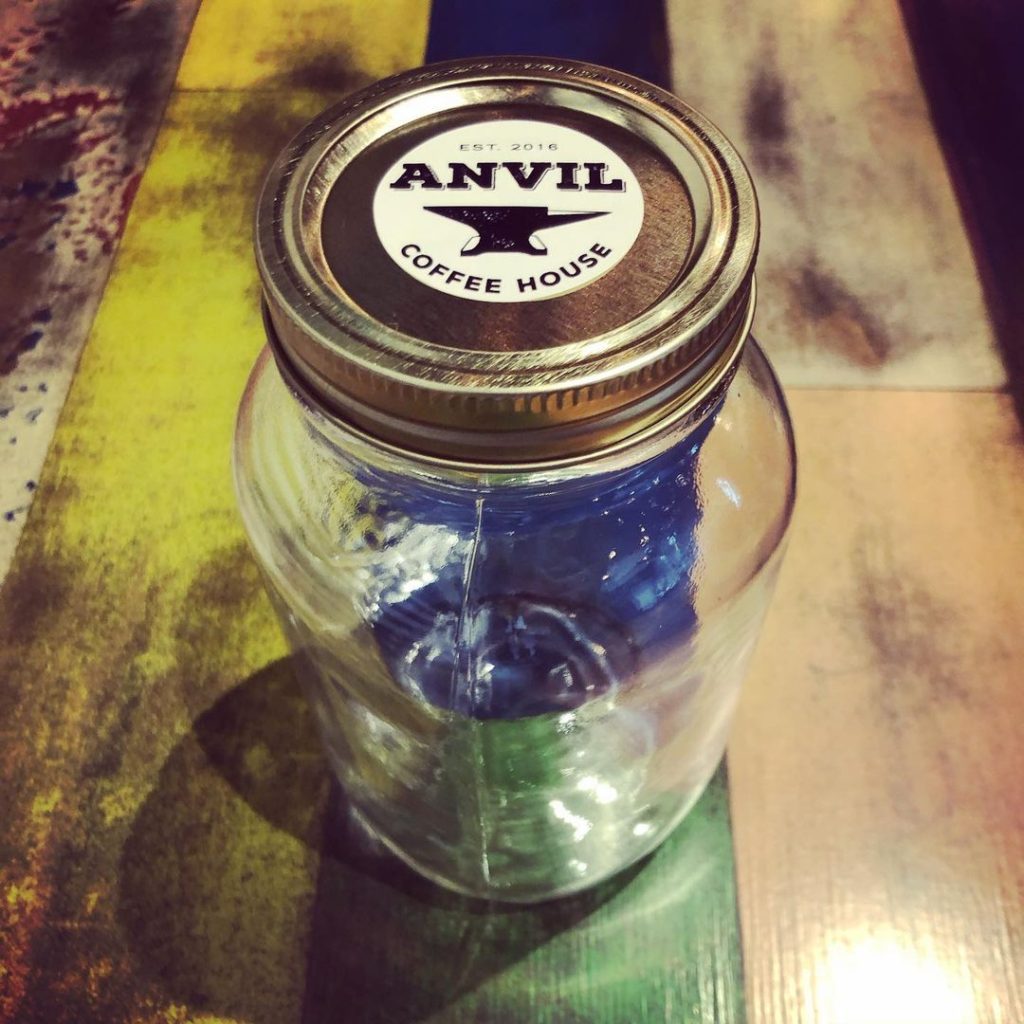
Wondering if your favourite cafe is accepting reusables? Just send them a message or an email! We have compiled this list simply by asking, and many shops have made adjustments once they have understood their customer base’s desires. If your local coffee shop is hesitant to bring about reusable mugs in 2021, firstly make sure you understand their concerns. They want to keep their customers safe, and their reputation high. What you can do as a customer, however, is provide them with resources that assure them that reusables do not compromise safety. The statement mentioned above is a good resource, as well as this video which depicts how safe reusables really are. If they are still hesitant, reminding them that other shops are doing it safely and effectively can be very helpful as well. And if at the end of the day, they are sticking to disposables, now is a time where we can’t hold a grudge.
Reward those businesses that accept reusables by commenting your thanks on their social media, telling your coffee-loving friends, and of course, bringing in your mug. As always, make sure your mug is empty and take the lid off before handing it to the barista. And remember, shop policies might differ or evolve over time, so keep an eye out and respect their rules or restrictions. Stay safe, and stay sustainable!

